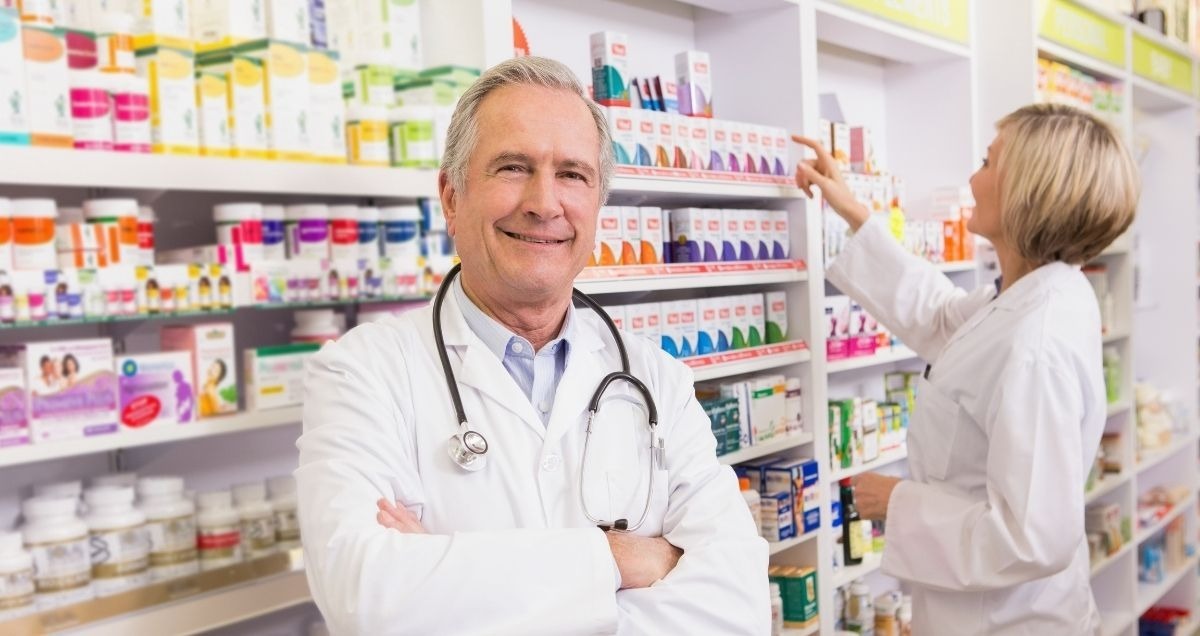Caring wellness pharmacy is more than just an absence of illness, but rather aims to optimize well-being. Alternative medicine has its roots in nineteenth-century movements such as New Thought, Christian Science, and Lebensreform, which sought to optimize health and consider the whole person. There is a whole speciality in Ayurveda dedicated to the concept of wellness and health maintenance. Pharmacology is a clinical health science that combines medical science with chemistry. It is responsible for the discovery, production, disposal, safe and effective use, and control of medications and drugs. A pharmacist must be well-versed in the mechanism of action, side effects, interactions, mobility, toxicity, and mobility of drugs. It also requires an understanding of the pathological process as well as knowledge of the treatment.
Community/Retail Pharmacy:
As a pharmacy technician, I have worked retail and prefer other settings; however, this is where the majority of Caring Wellness Pharmacy jobs are located. The state laws and rules that govern pharmacy technicians determine what they can do. Generally, technicians are not allowed to offer clinical advice to patients or to check a patient’s prescription. Some states allow technicians to provide information on over-the-counter (OTC) medications (i.e., medications that do not require a prescription, like acetaminophen and ibuprofen).
Hospital Pharmacy:
A pharmacy technician can play many different roles in a hospital pharmacy. Since I have mostly worked in this type of pharmacy, I have a lot of experience with it. Central pharmacy technicians are the most common. Additionally, we have decentralized techs, sterile compounding techs, billing techs, OR techs, narcotic techs, database techs, automation techs, team lead techs, and buyer techs.
Long-Term Care Pharmacy:
It is a great place to be a technician if you have worked at a few long-term care pharmacies. The work load lends itself to a lot of technician tasks, so they typically employ a lot of techs. Nursing homes, assisted living facilities, and psychiatric facilities use these pharmacies for their medication needs. Pharmacy warehouses are common places to find pharmacies. There is no open pharmacy; all orders are received by fax and medications are delivered to facilities by couriers or drivers. Medications are filled in blister packs (cards of 30 tabs to provide a month’s supply of medication) or some other mechanism that provides an extended amount of medication doses that can be safely and cleanly kept until doses are due.
Home Infusion Pharmacy:
Home-infusion pharmacies primarily serve patients who require some form of IV or other non-oral therapy, and wish to receive the treatment at home (hence the name). This is also my field of work. The bulk of my experience as a tech was in sterile compounding, and I found myself in any position that required an IV room technician.
Nuclear Pharmacy:
No, I have not worked in a nuclear pharmacy (I know you thought I had travelled quite a bit, but I have been in pharmacy for about 17 years). A frienfriends who work in nuclear pharmacies. Ours usually arrive at about 3AM and work until noon. Pharmacies of this type make radioactive compounds, and the dosage needs to be degraded before being delivered to the hospital or clinic that will administer them. These medications have short half-lives without going into too much detail. So the compounding of the product must coincide with the delivery of the medication and the delivery of the dose to the patient.
